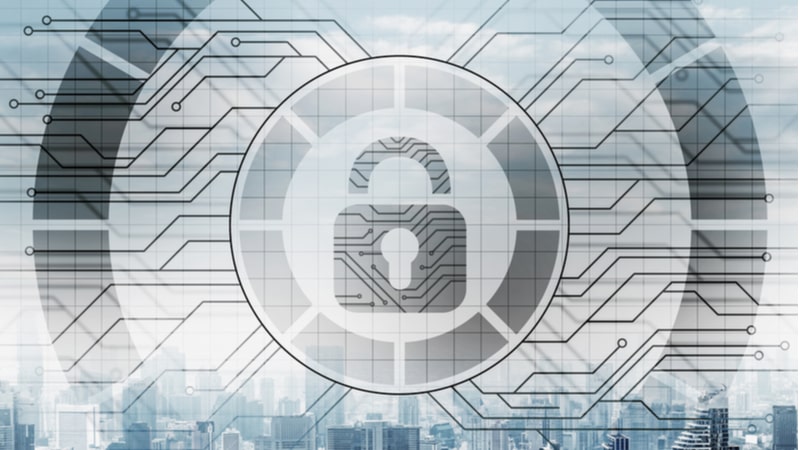
With attacks on critical infrastructure increasing, Rep. Jim Langevin, D-R.I., chairman of the House Armed Services Subcommittee on Cyber, Innovative Technologies, and Information Systems, is calling for improved security of critical systems and increased cybersecurity collaboration among the private and public sector.
During a Sept. 17 joint event organized by the Carnegie Endowment for International Peace and the U.S. Cyberspace Solarium Commission, Rep. Langevin said the stakes of securing critical infrastructure “have never been higher than they are right now,” and will only continue to rise.
“It’s absolutely critical that we work really hard to improve both the security and the resiliency of our critical systems,” Rep. Langevin said. “We have to… make it more difficult for our adversaries to compromise our critical infrastructure in the first place, and also ensure that in the case of a compromise, that we can restore operations as quickly as possible.”
“We’re never going to be able to, with 100% certainty, ensure that the bad guys and the bad actors are never going to get in,” he added. “They’re going to get in, and we’ve got to make it hard for them to operate, we’ve got to ensure that we can recover quickly.”
Although Rep. Langevin called this a “tall order,” he said one of his “favorite recommendations” for how the private sector and the government can do a better job of defending against critical infrastructure attacks is through the creation of a joint collaborative environment, or JCE.
“JCE would basically provide an environment for analyzing information on cyber threats, cyber security risks, and in malware forensics,” he said. “And it would also provide a tool set in a cloud environment that public and private sector stakeholders would use collaboratively to analyze that data. JCE would be a really great benefit to private sector partners, who I believe should be among the owners and operators of systemically important critical infrastructure.”
The Cyberspace Solarium Commission recommended the creation of a JCE in its July 2020 report, and Rep. Langevin even tried to get it in last year’s National Defense Authorization Act (NDAA), but the JCE faced challenges in the Senate and never made it across the finish line.
Rep. Langevin noted he’s hopeful the JCE will make it into the FY2022 NDAA, saying he’s “confident about JCE’s prospects in the NDAA.”
Despite the growing cyber to-do list and number of cyberattacks, Rep. Langevin said he’s encouraged by the Biden Administration’s interest in cybersecurity and the “terrific” cybersecurity team it has brought together, including National Cyber Director Chris Inglis, Cybersecurity and Infrastructure Security Agency Director Jen Easterly, and Deputy National Security Advisor for Cyber and Emerging Technology Anne Neuberger.
“I’m grateful, first of all, to President Biden, for his leadership. It’s been really heartwarming, inspiring to see how seriously he’s taken this issue,” Rep. Langevin said. “This is my fourth presidential administration that I’ve been working with, dealing with, and I can say unequivocally, that President Biden has done more for cybersecurity in his first eight months in office on the job than any of his of his predecessors, and that says a lot.”
“There’s no one entity or individual that is responsible for protecting us against these threats,” Rep. Langevin concluded. “We’re all in this together, everybody has a role to play. The importance of practicing good cyber hygiene cannot be underestimated.”
